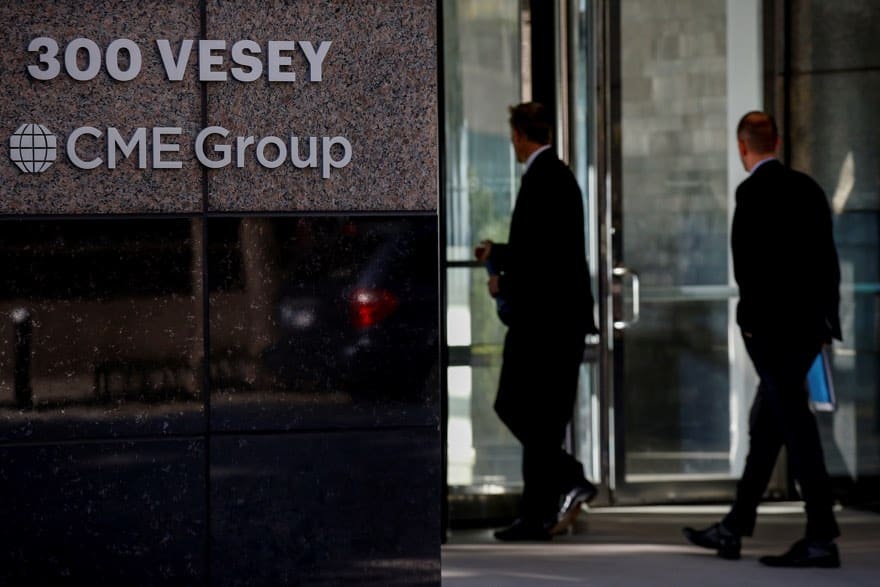World’s largest futures Exchange operator CME Group Inc has just released its January 2019 aggregated volumes, sharing its trading statistics across key business segments. The latest figures reflect a notable drop over both the last month and the previous year in terms of average daily volumes, having been subject to a wide range of factors that influenced the market.
In terms of its overall volume for January 2019, CME Group reported an average of 17.8 million contracts per day, which was indicative of a fall by 12 percent month-over-month from 20.2 million contracts per day in December 2018.
Like other exchange operators, CME booked gains in 2018 after global equities, bonds, currencies, and commodities markets were roiled by an increase in Volatility .
Looking at a yearly timetable as a means of comparison, January 2019 proved to less active at CME Group across the board, which corresponded to a year-over-year drop of six percent when weighed against the metrics of 18.97 million contracts per day in January 2018.
FX Volumes Drop
This sluggish performance was fueled by weak volumes in equities (36 percent month-over-month drop), and metals volumes, which averaged 564,000 contracts per day, down 26 percent from December 2018.
CME, which owns the Chicago Board of Trade, said average daily foreign exchange volumes slumped 23 percent on a year-over-year basis, coming in at 838,000 million contracts per day in January 2019, the lowest since April 2018. Month-over-month, January 2019 figures were down 18 percent compared to a record 1.026 million contracts per day in the prior month.
CME has been looking to develop its cryptocurrency and non-trading related businesses such as its market data and information services. Most recently, it announced plans to provide a real-time Ethereum price listing.
Earlier in May, the CME Group made headlines after the exchange operator reached a landmark deal to acquire London-based fintech firm NEX in a transaction valued at £3.80 billion ($5.35 billion).

















